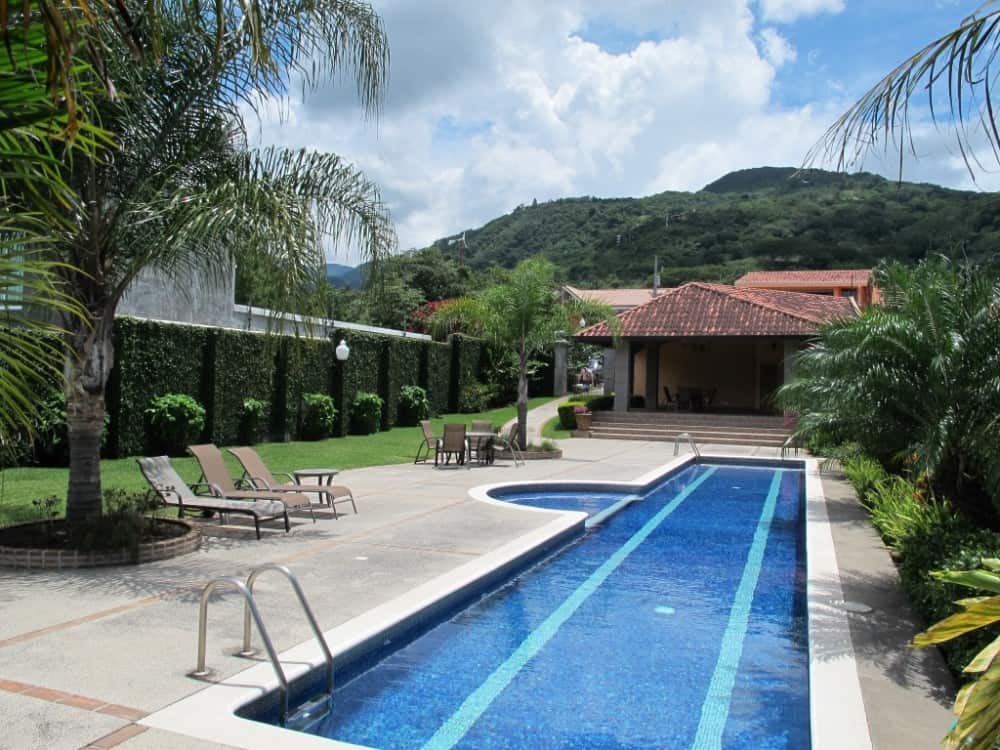By January 15th the tax for the so called “luxury properties” will come due. This is a tax established in benefit of, or for the development of, lower income housing and social infrastructure. The product of the tax is distributed amongst a number of government institutions that oversee the assistance to lower income groups.
The person obligated to pay the tax is whoever appears as the owner of the property in the National Registry. This tax extends to those who hold concessions in the “Land – Maritime Zone” (Zona Marítimo Terrestre). The fact that a certain individual pays the tax upon the property does not grant that person an ipso facto “title” upon the property.
The tax is based upon the taxable value (Valor Fiscal) of the property as established in law. In the case of condominium properties, the owner must add to the value of the property the corresponding percentage value of the common areas. The tax starts at a rate of 0.25% for properties valued under $728,000.00 (approximately at an exchange rate of C.500/$1).
From that point on, it increases 0.05% for approximately every increase of $700,000.00 in taxable value. The tax has its maximum percentage point at 0.55% for properties valued over $4.4 million approximately.
The properties that are exempt from this tax are:
- Those valued under $290,000.00, approximately.
- Those belonging to the Central Government and Municipalities.
- Properties that belong to other public or government entities.
- Properties that have a declared historical or architectural value.
- Real Estate that belongs to churches or recognized religious institutions.
- Properties belonging to certain educational institutions.
- Properties used as diplomatic establishments and others.
Property owners must file their return for this tax every 3 years, within the first 15 days of the month of January. This is so each owner can update the value of their property. The tax period for every year is from January 1st to December 31st and must also be paid within the first 15 days of each January.
If the value declared by the owner is higher than the value that the government already has as the registered value, then the higher value will prevail. If a person has two or more contiguous properties, then he or she must add the value of the properties if these are used as one.
The amounts of money paid for this tax are not tax-deductible expenses for the owner´s income tax. This tax for properties with higher taxable values is not to be confused with the regular property tax. This so called “luxury property tax” which is for properties that have certain higher values, as indicated previously, is different from the regular property tax which is collected by the municipality that corresponds to each property. The regular property tax for all properties in Costa Rica is 0.25% of the registered property value and the ruling authority in the regular property tax is each municipality and is regulated by a different law.
There are many other important issues that property owners should consider, such as fines, penalties and interest for late payment, specific technical issues for certain properties, procedures for challenging the appraised value of a property and many others.
Lic. Jorge Montero B. is an attorney educated in the U.S.A. and in Costa Rica. He holds various specialties and Master’s Degrees in Criminal, Commercial, Environmental and Agrarian Law from the University of Costa Rica and has over 30 years of litigation, contract and counsel experience.
Contact Information:
Email: acmbalaw@gmail.com
Tel: (506) 8384- 2246
WhatsApp: (506) 8384- 2246






